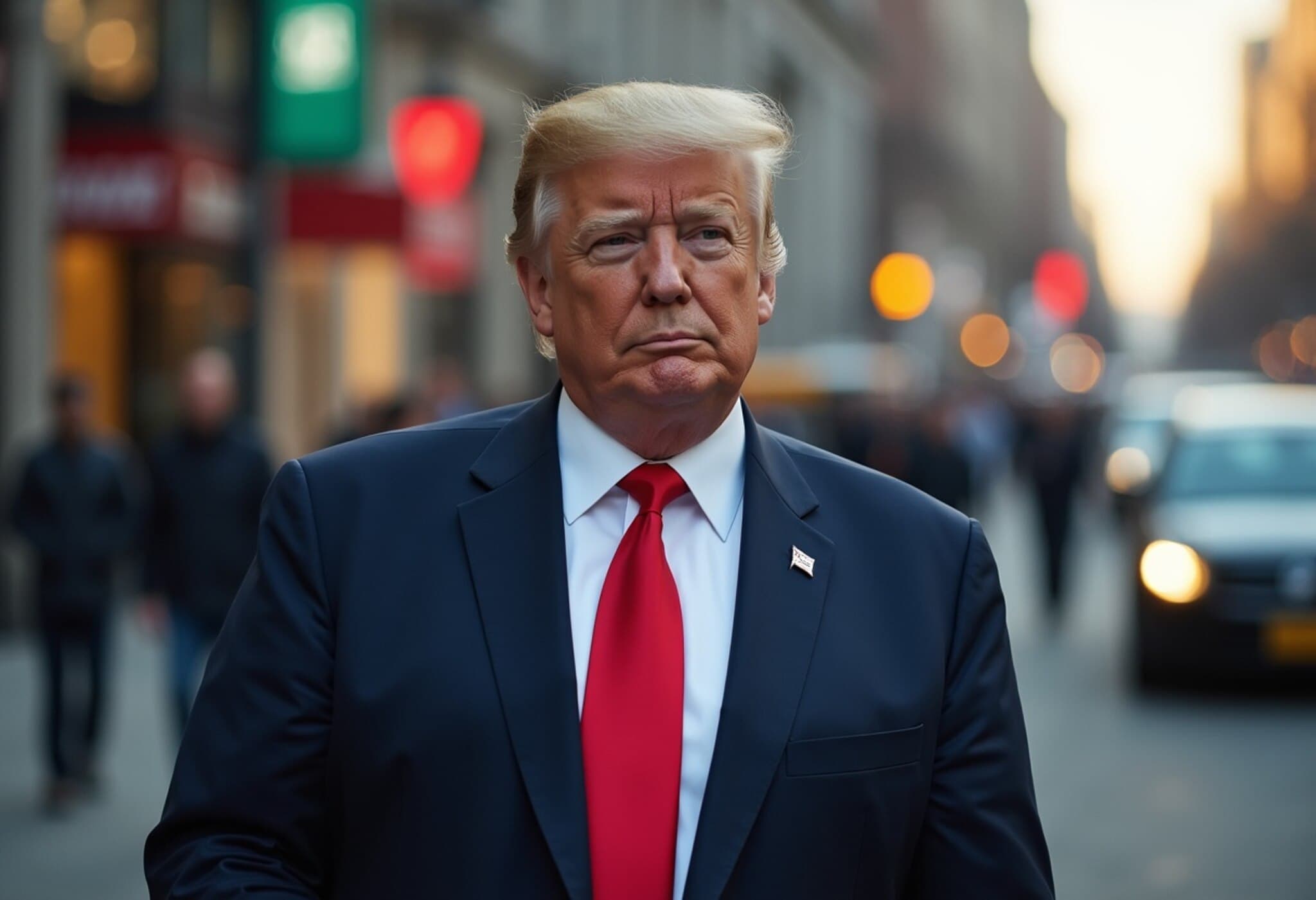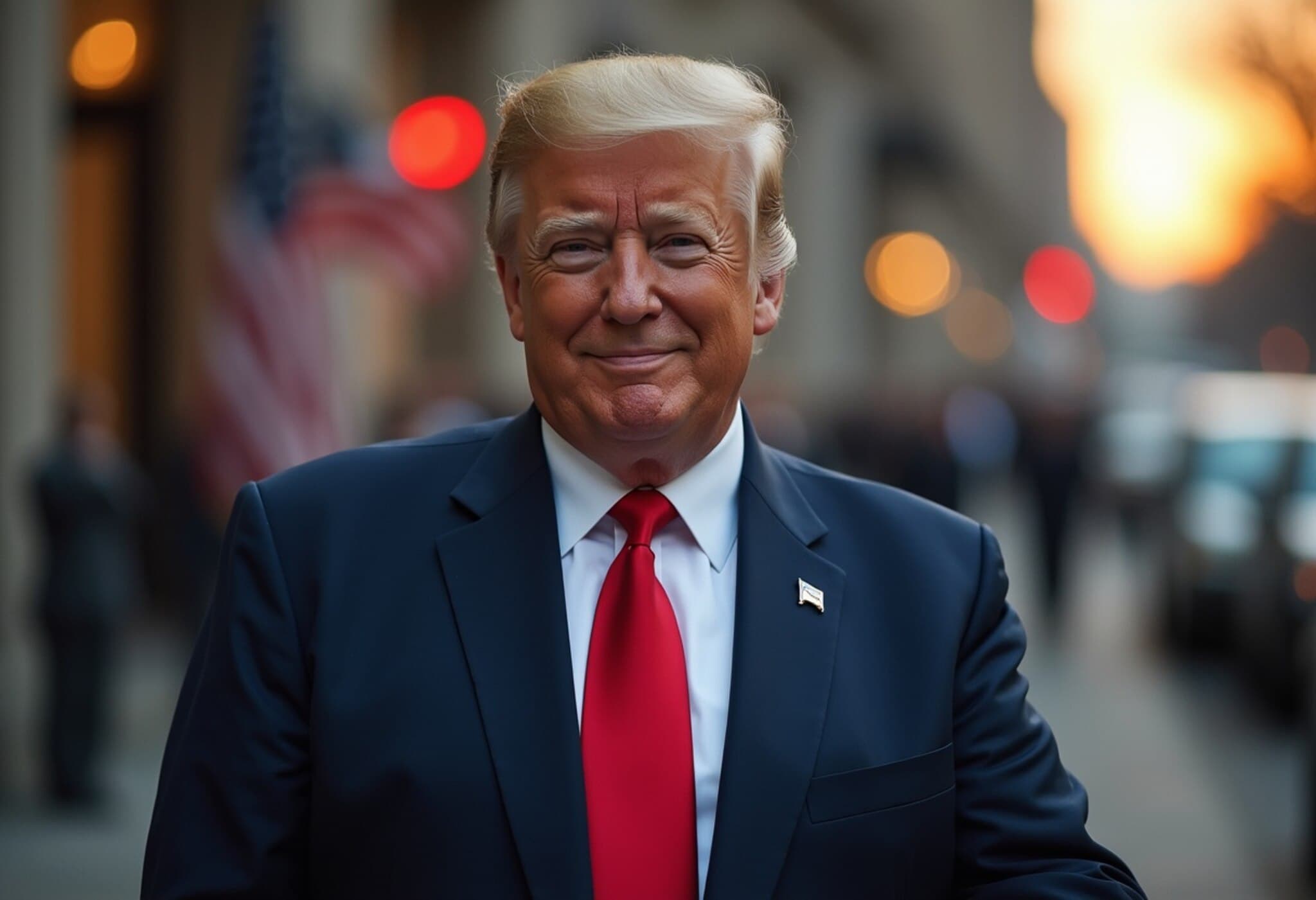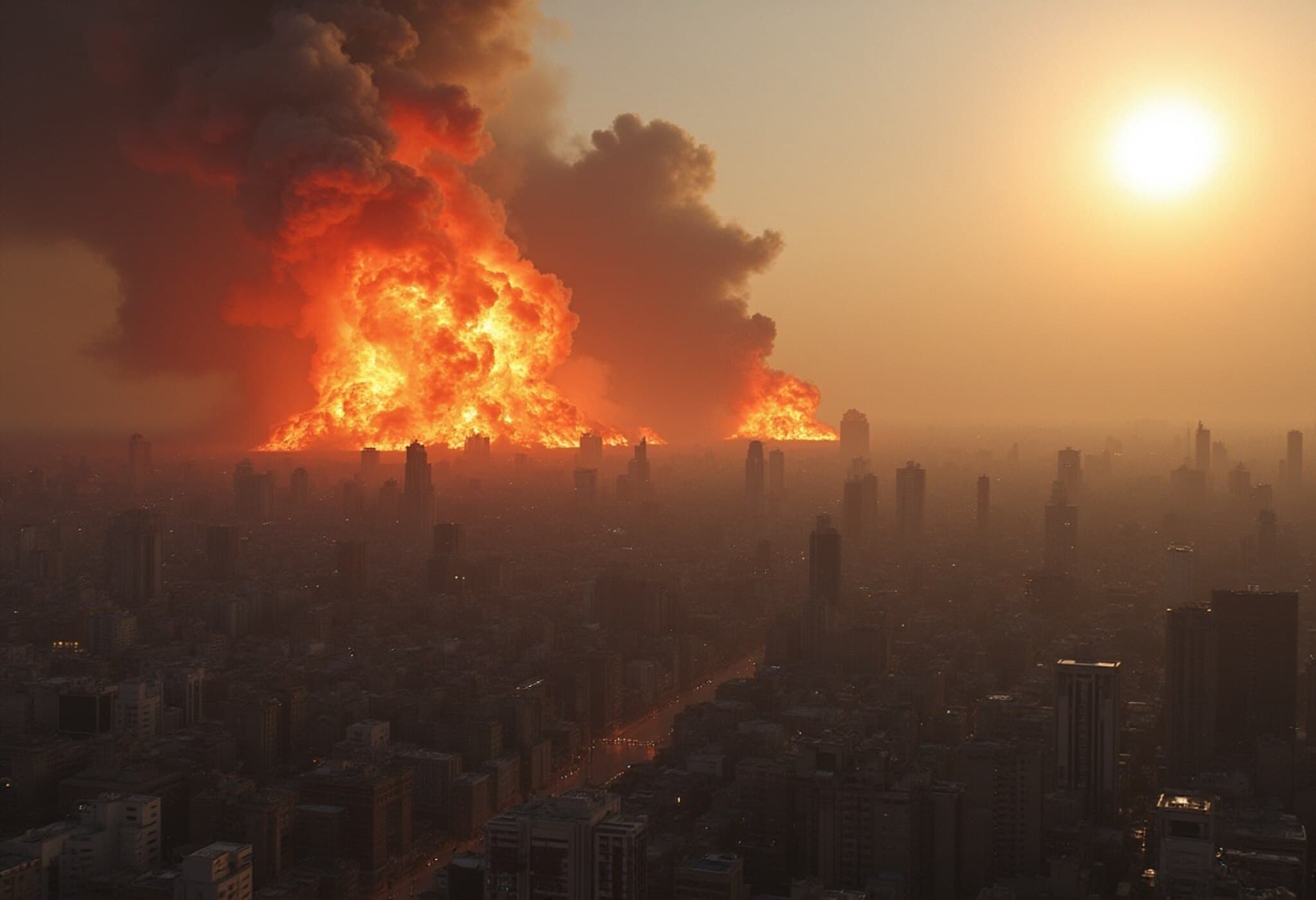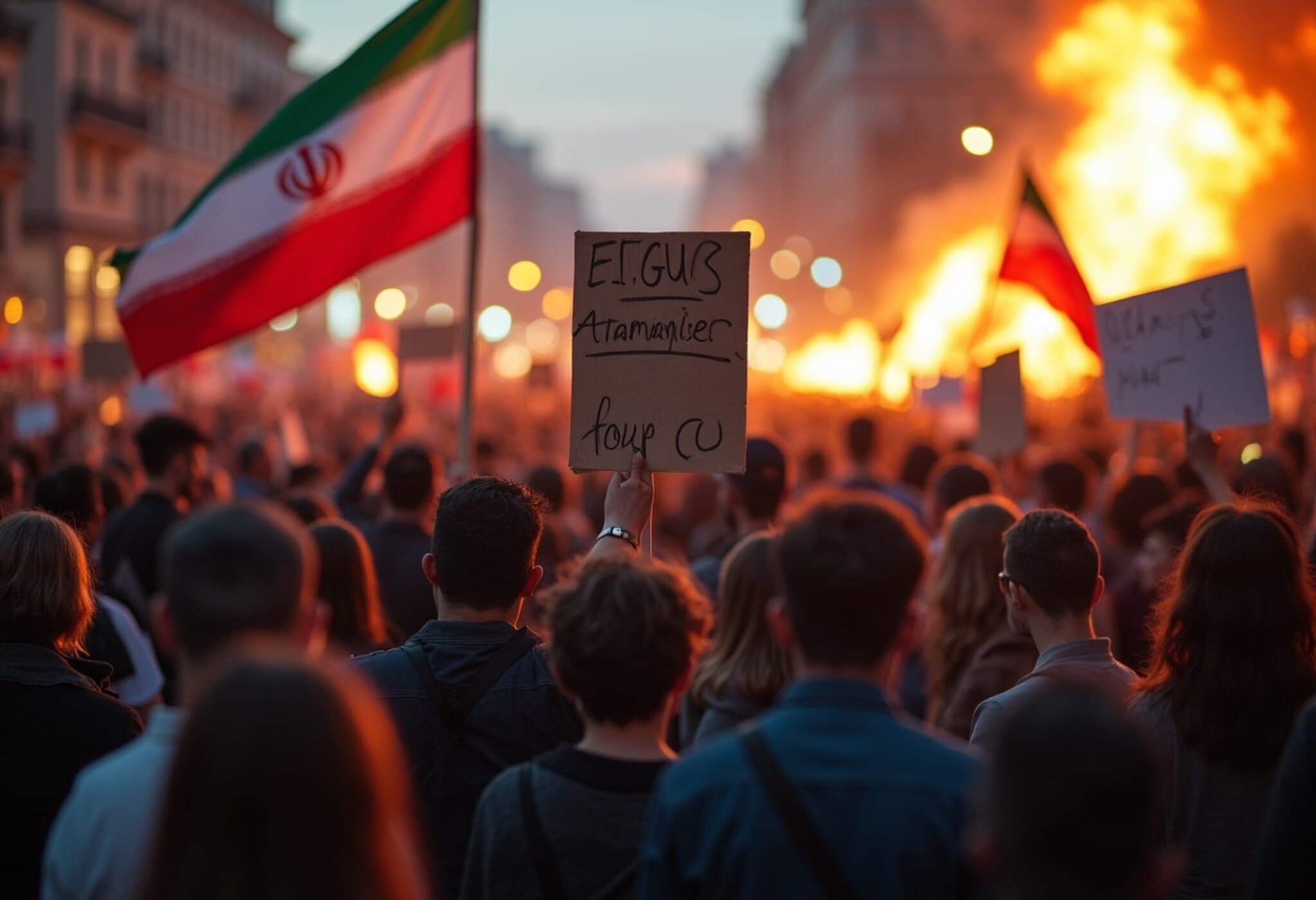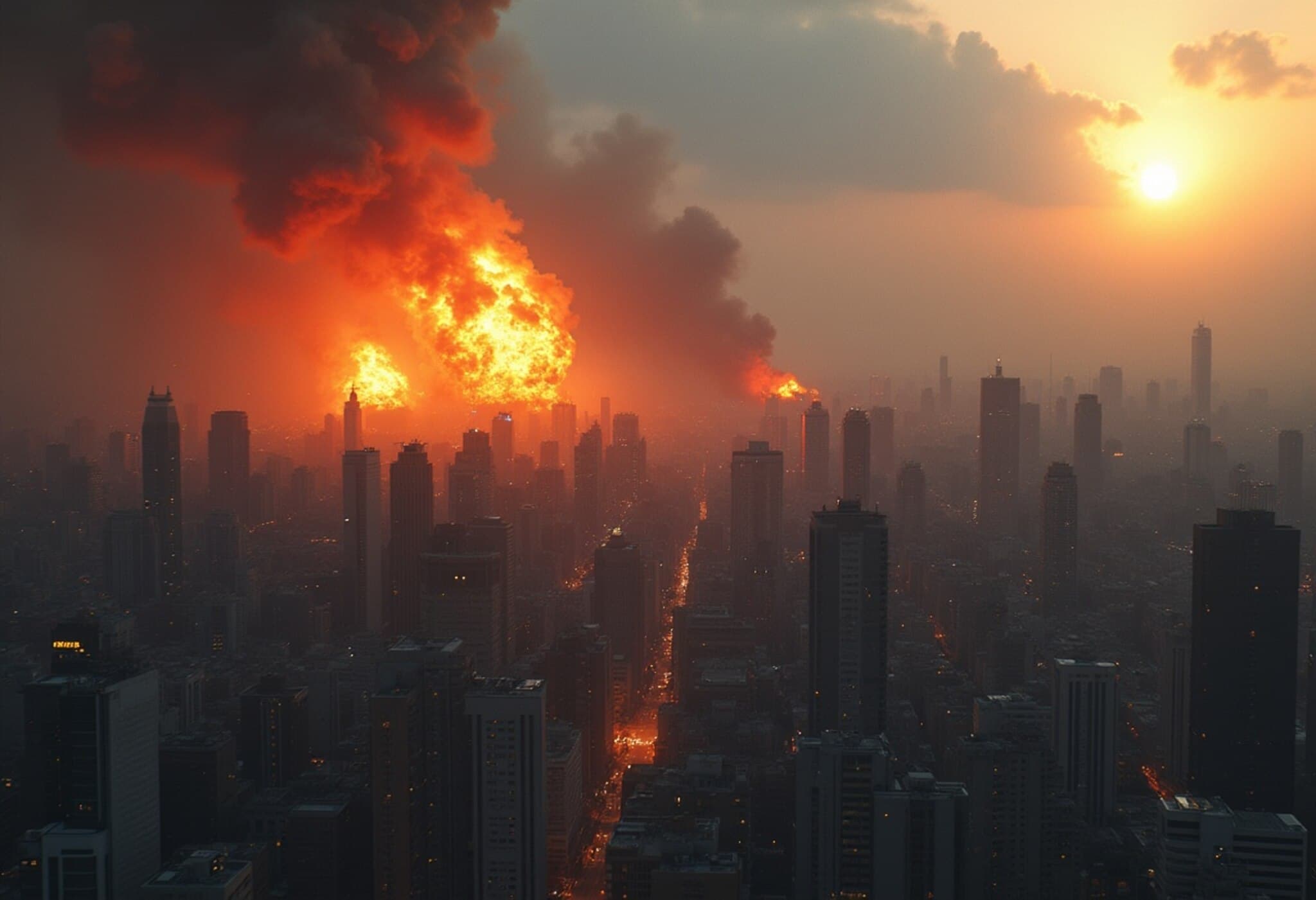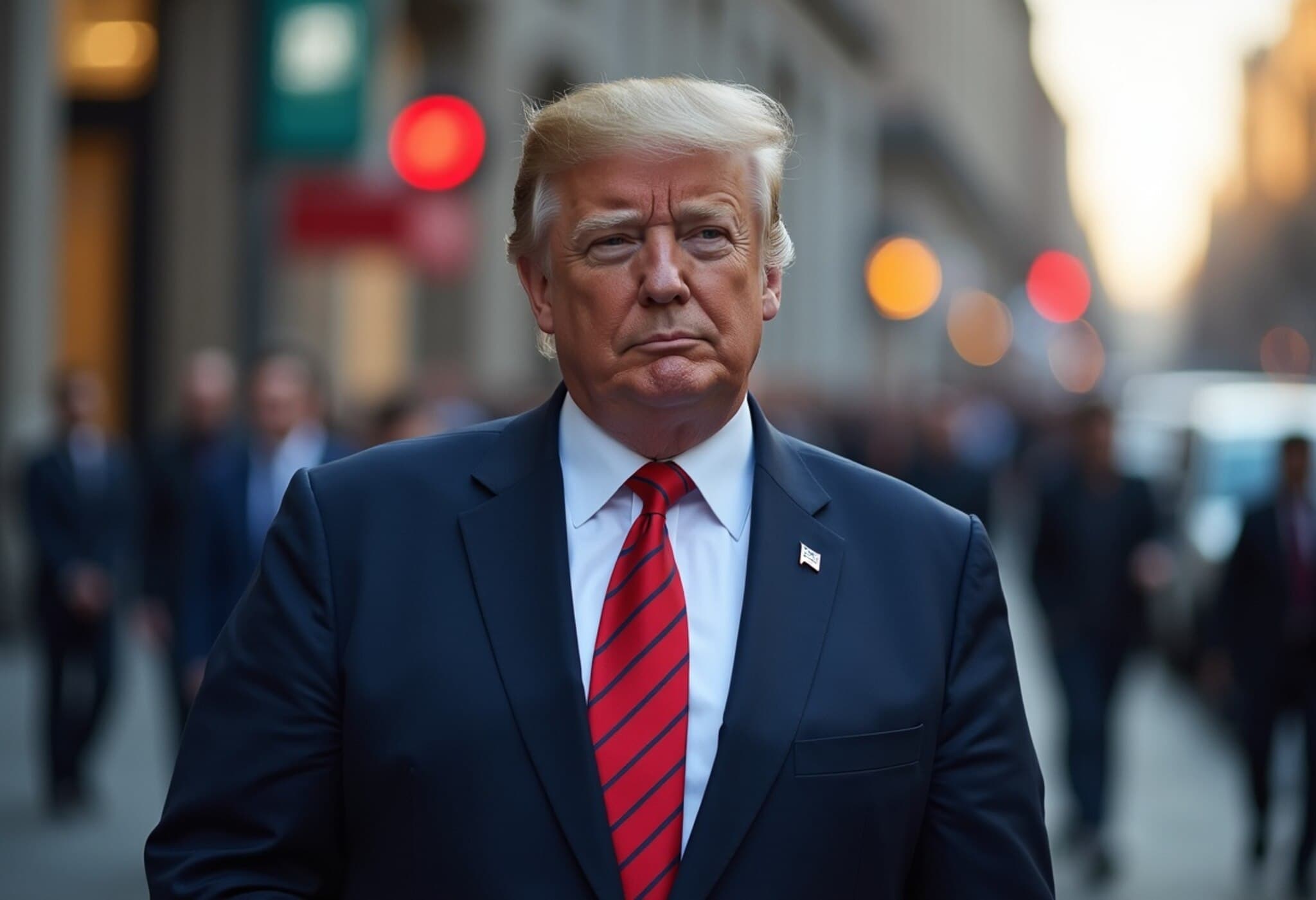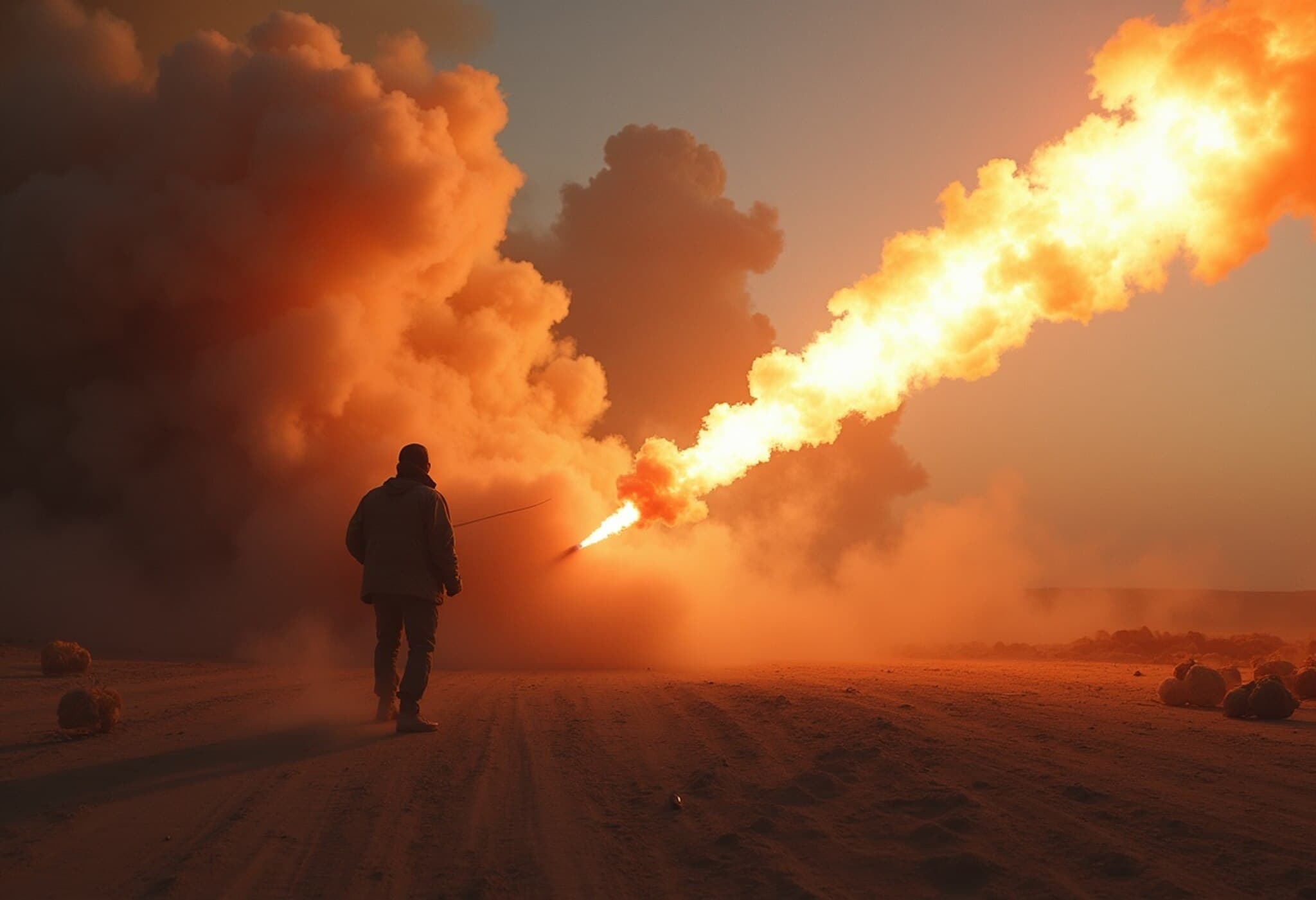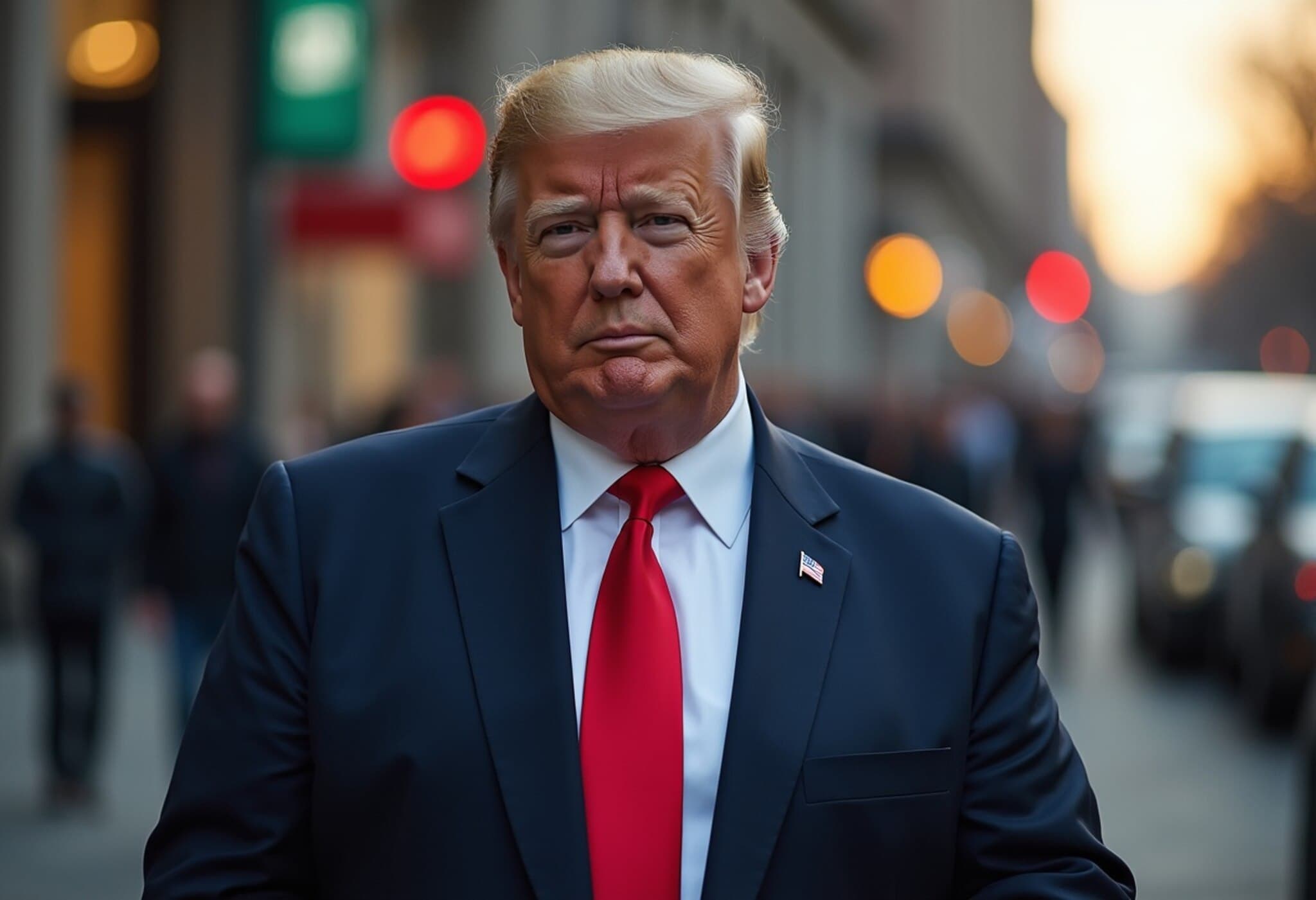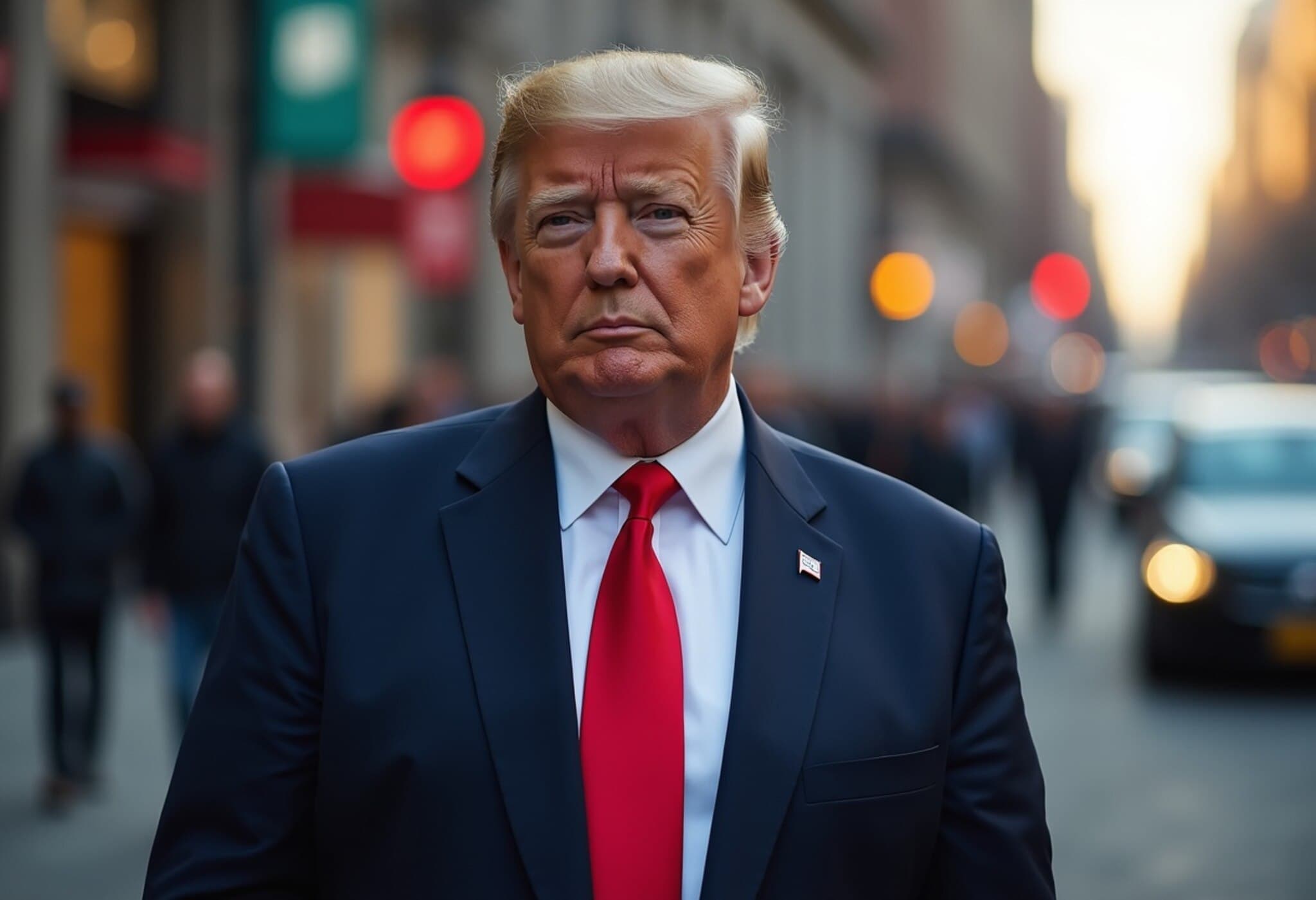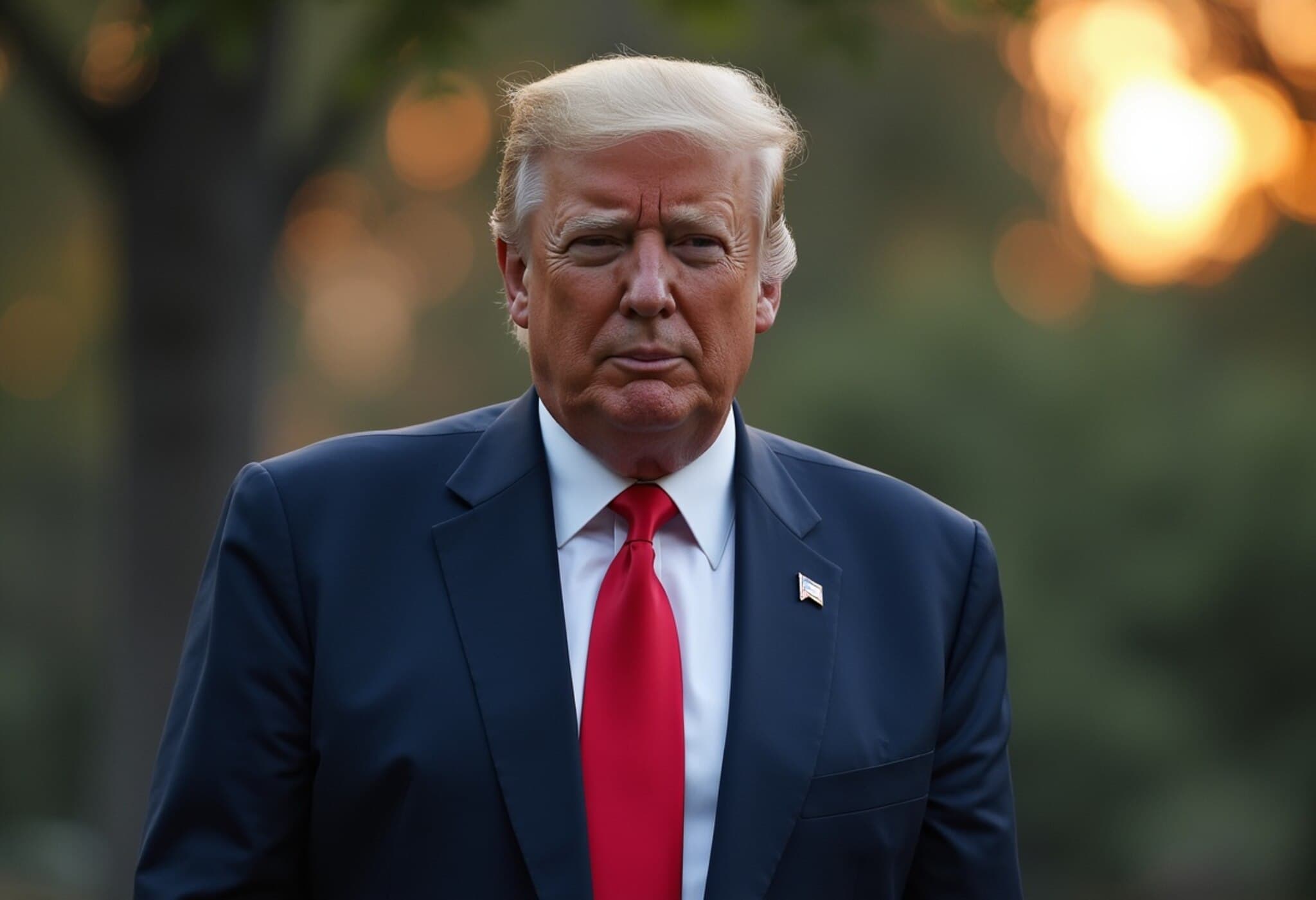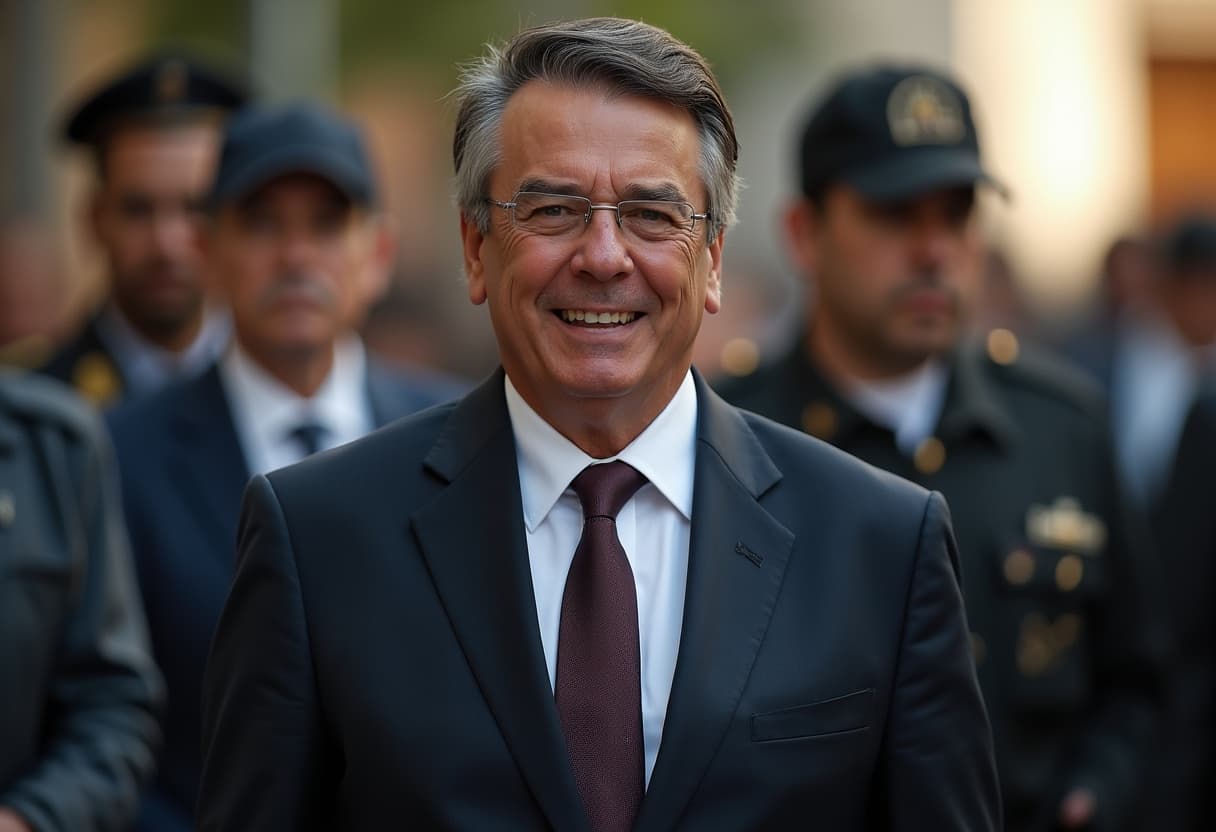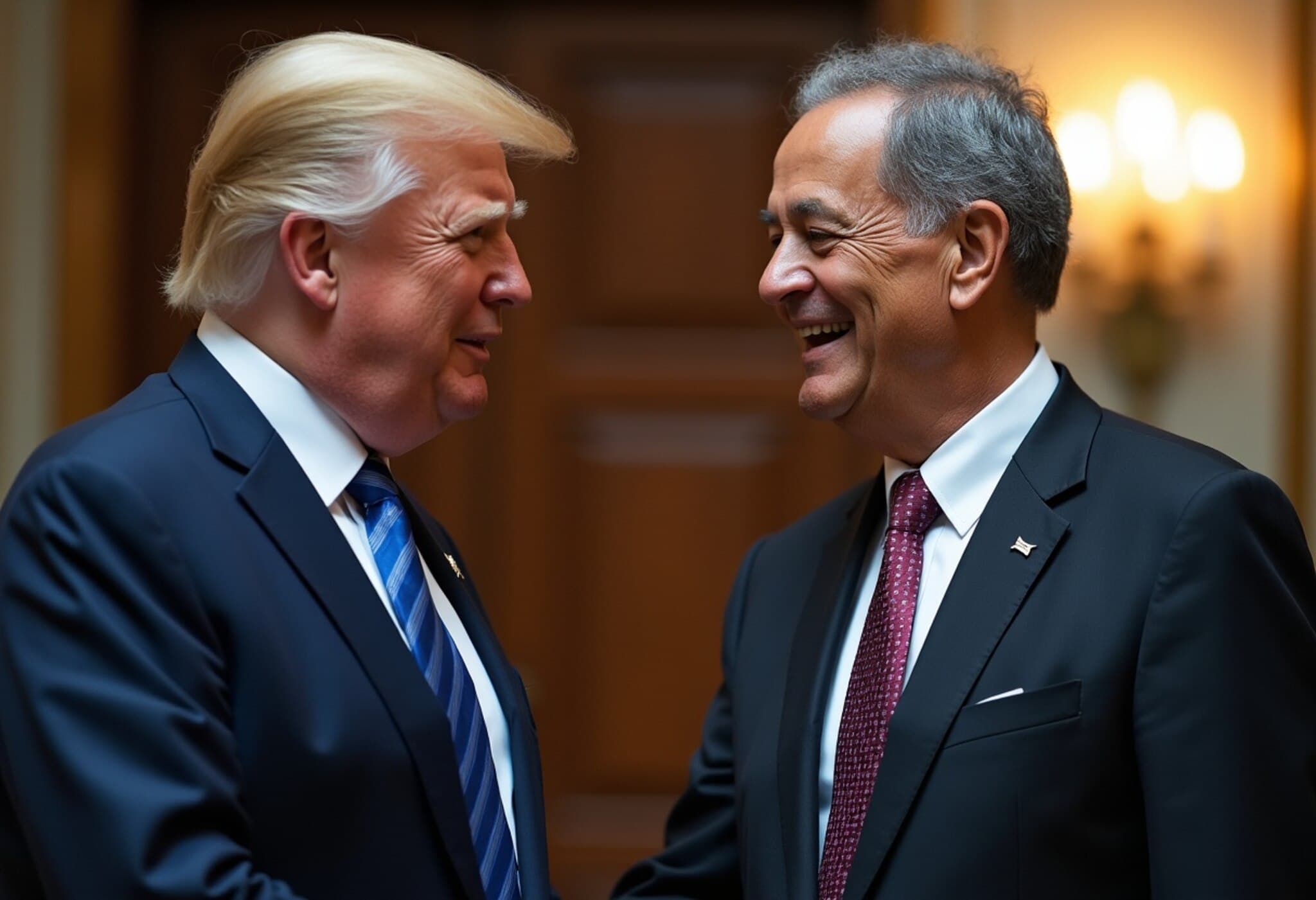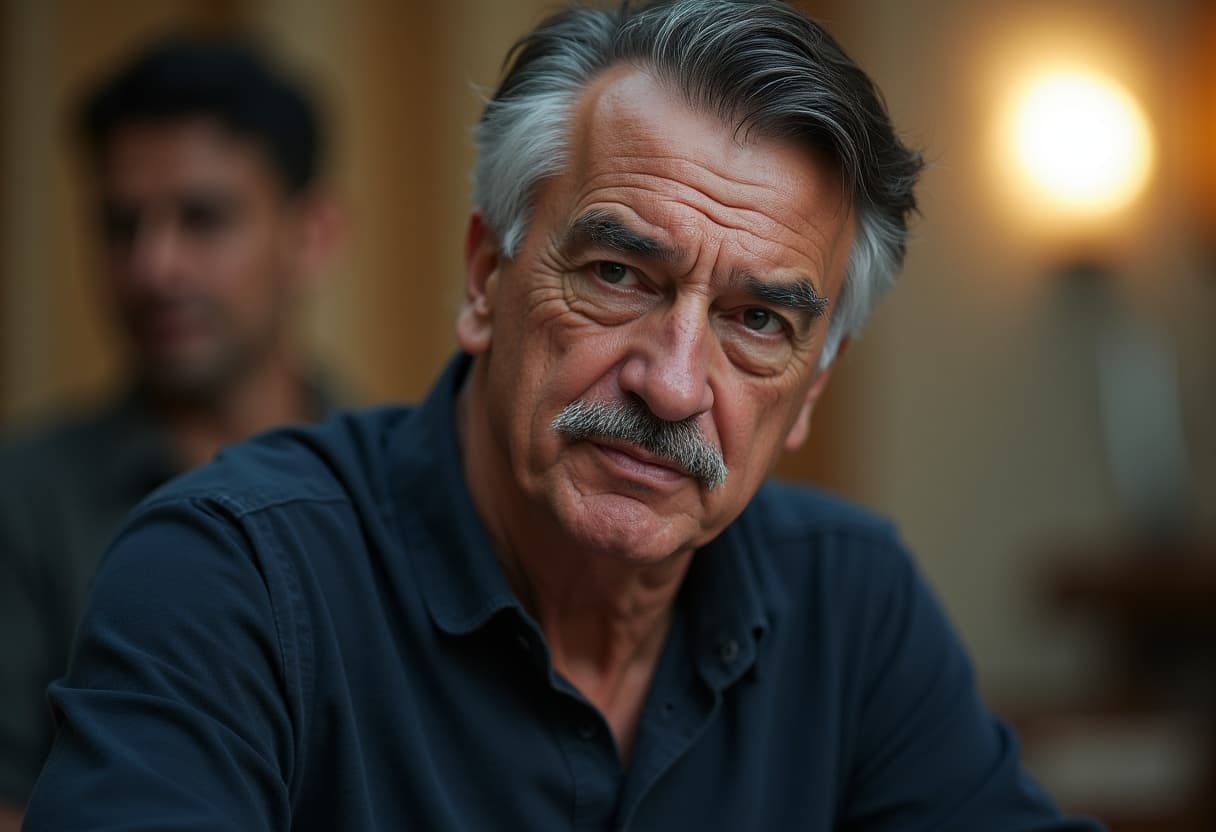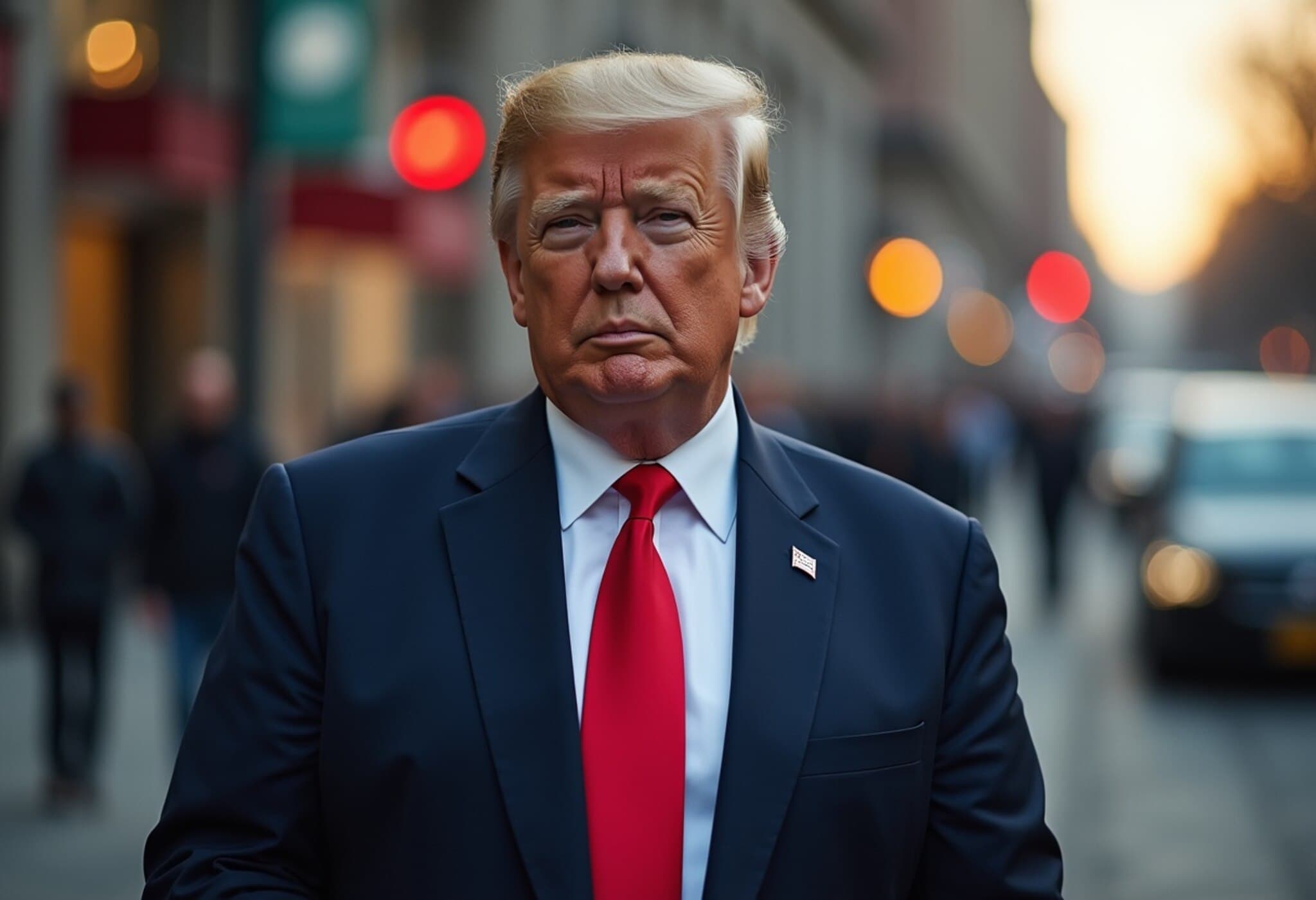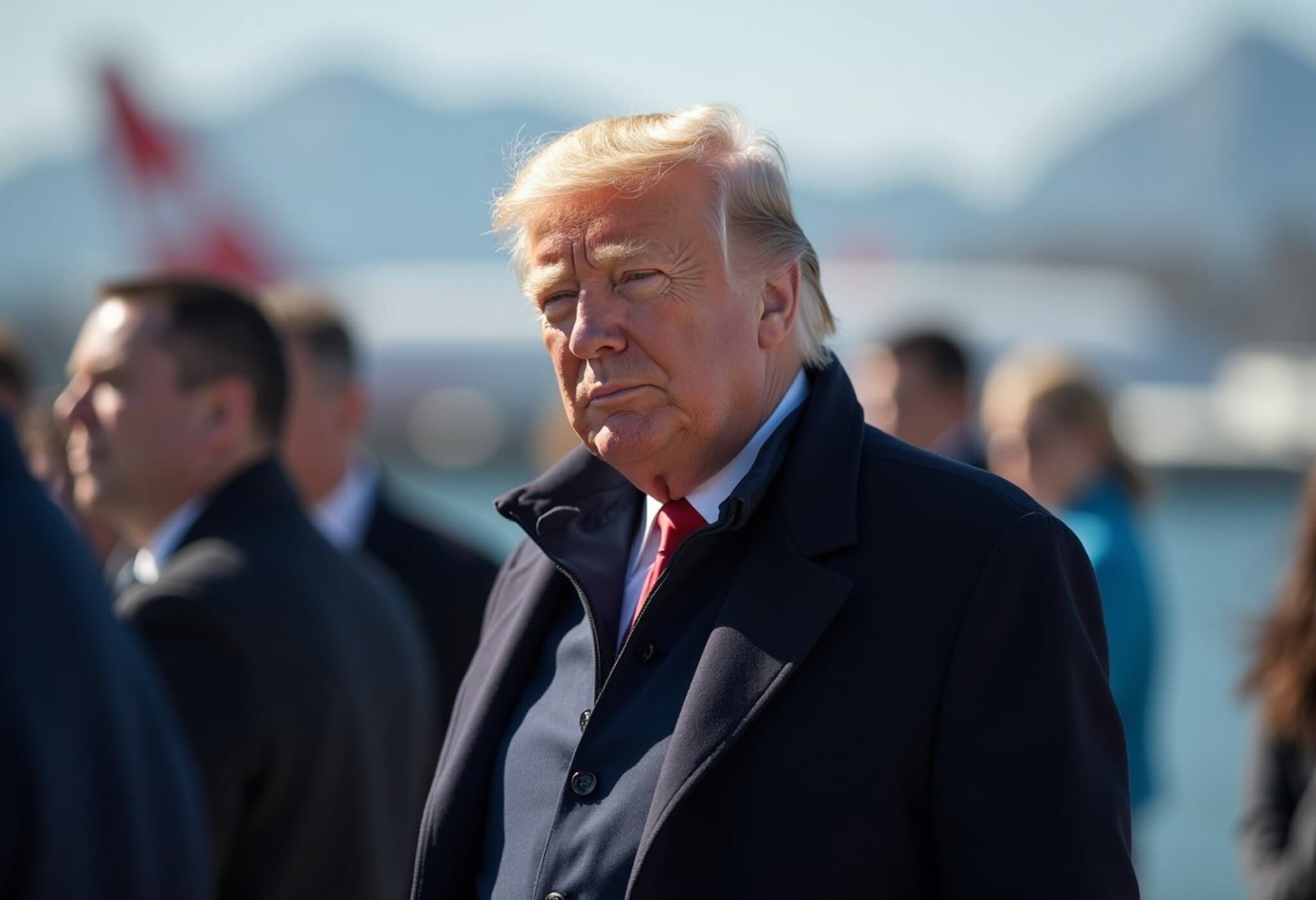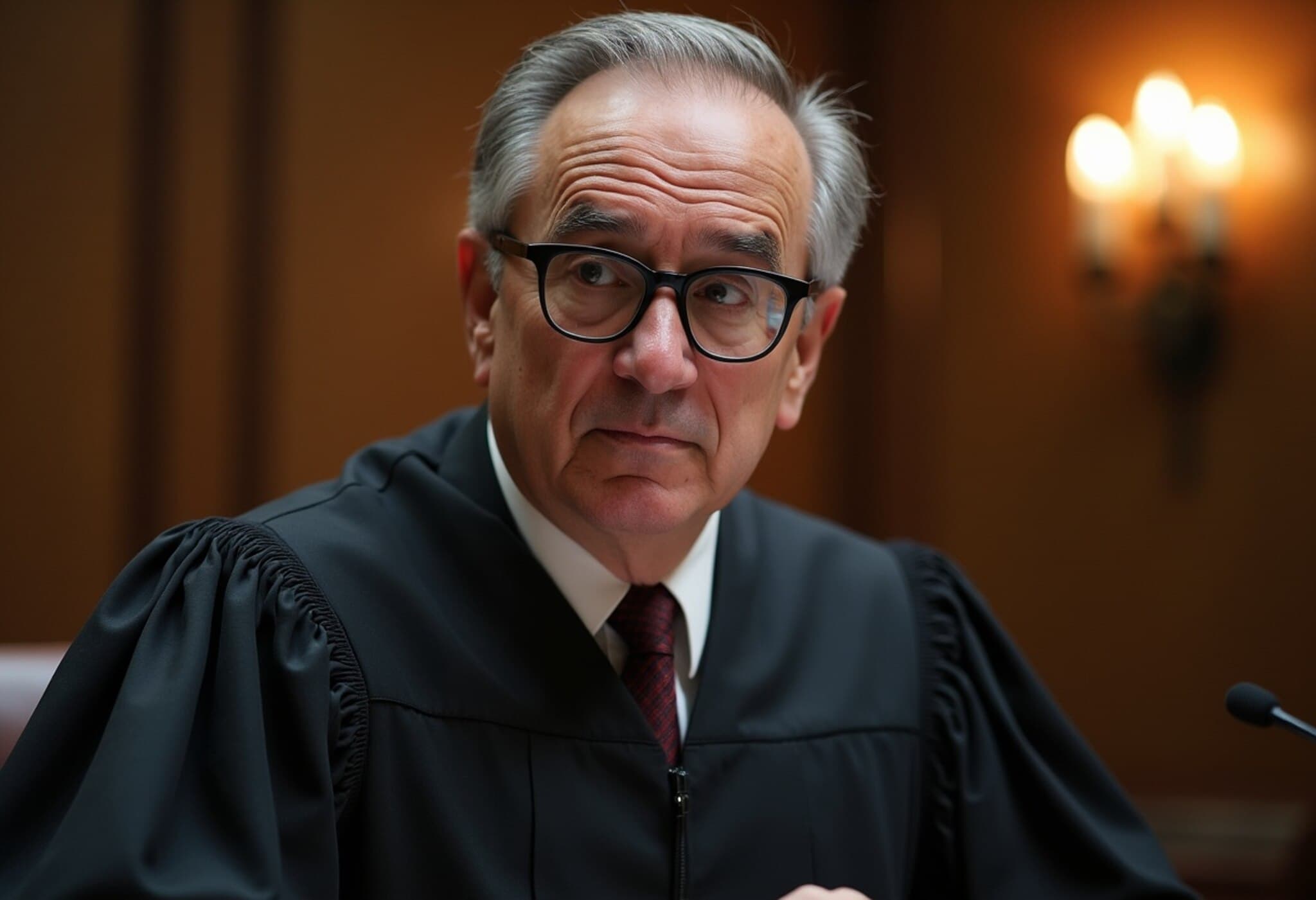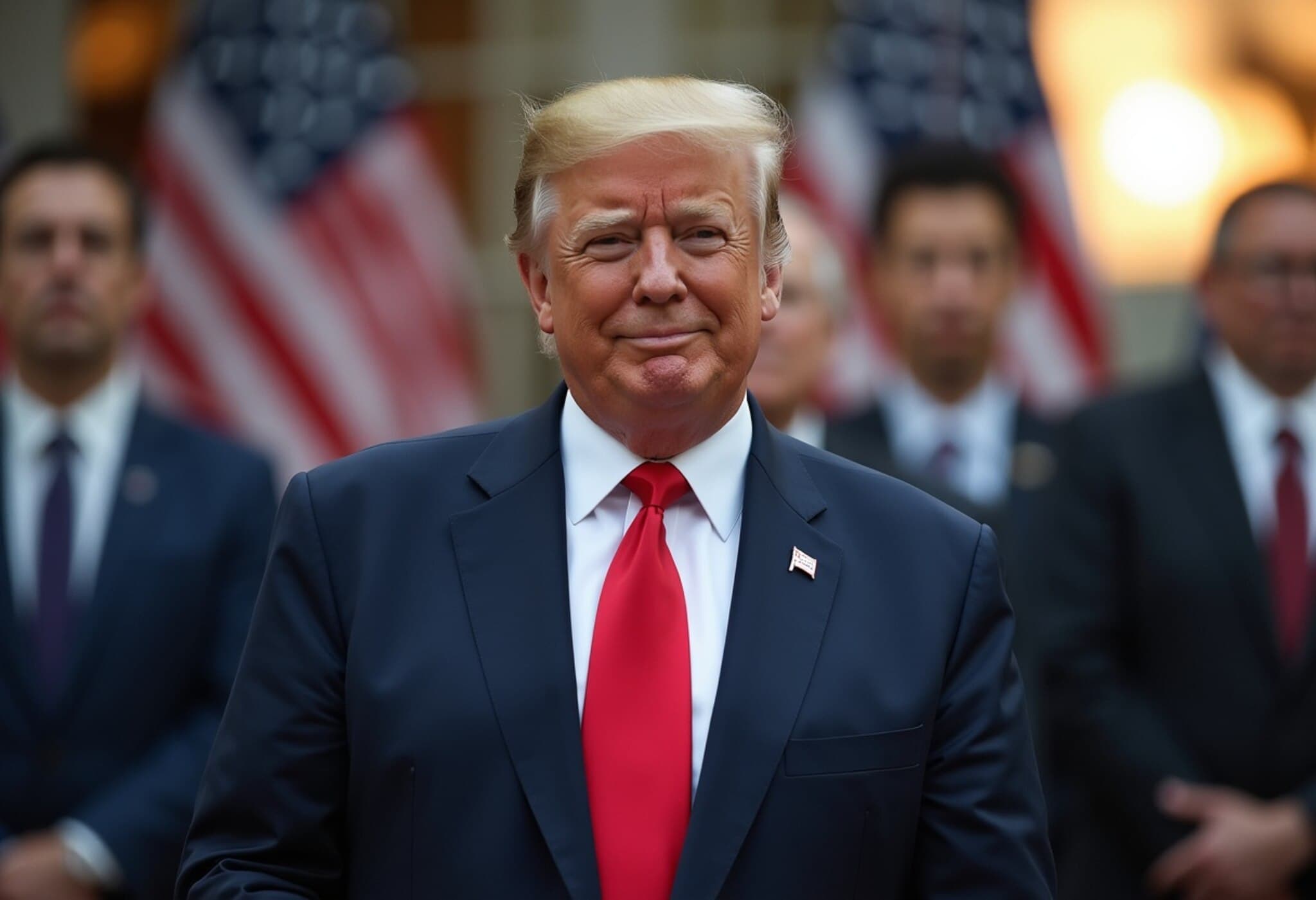Trump Administration Escalates Trade Pressure on Brazil
On July 30, 2025, former U.S. President Donald Trump signed a sweeping executive order imposing a 50% tariff on most Brazilian imports, marking one of the harshest trade moves against Brazil in recent years. This measure, aimed ostensibly at countering what Trump described as a "witch hunt" targeting former Brazilian President Jair Bolsonaro, notably excludes sensitive sectors such as energy, aircraft, aluminum, and orange juice from the highest tariffs. The tariffs are set to take effect on August 6, slightly postponed from the initial August 1 timeline.
Context Behind the Tariffs
The Trump administration's aggressive tariffs are rooted in escalating political conflicts between the two countries. In early July, Trump threatened Brazil’s President Luiz Inácio Lula da Silva with higher tariffs, citing trade imbalances and concerns over actions by Brazil’s judiciary. Despite a U.S. trade surplus with Brazil of $6.8 billion in 2024 reported by the U.S. Census Bureau, Washington is framing the tariffs as necessary to protect American interests.
Alongside the tariffs, the U.S. imposed sanctions on Alexandre de Moraes, a Brazilian Supreme Court justice who has been overseeing the trial of former President Bolsonaro on charges related to a coup plot. Treasury Secretary Scott Bessent condemned de Moraes, accusing him of acting as “judge and jury in an unlawful witch hunt against U.S. and Brazilian citizens and companies.”
Economic and Political Implications
The structure of the tariffs is indicative of deeper geopolitical signaling rather than pure economic calculation:
- 40% additional tariff is added on top of the existing 10% baseline tariff for most Brazilian products.
- Exemptions include civil aircraft and parts, energy products, aluminum, tin, wood pulp, and fertilizers.
This selective targeting suggests an intent to pressure Brazil's political leadership while attempting to minimize disruption to critical supply chains and industries significant to U.S. interests.
Brazil's Foreign Minister Mauro Vieira responded by emphasizing the country's desire to resolve these tensions diplomatically. After meeting U.S. Secretary of State Marco Rubio, Vieira expressed willingness to negotiate, signaling potential avenues for de-escalation amidst rising friction.
A Broader Look: Trade Wars and Political Influence
Historically, tariffs have been wielded as tools of both economic and political leverage. The Trump administration’s latest move reflects a continuation of a strategy that intertwines trade policy with geopolitical considerations. In this case, the confluence of legal proceedings against Bolsonaro and the tariff action raises critical questions about the intersection of international law, sovereignty, and economic coercion.
From an American perspective, this raises the question: How far should trade policy extend to respond to political or judicial developments in allied nations? Moreover, the timing—amid ongoing trials and domestic unrest in Brazil—suggests tariffs are being leveraged as part of a broader strategy to influence Brazilian politics.
What Lies Ahead for U.S.-Brazil Relations?
The coming months will be pivotal. Key elements to watch include:
- Diplomatic negotiations between U.S. and Brazilian officials seeking tariff relief or trade agreements.
- Developments in Brazil’s judiciary concerning Bolsonaro's trial and broader political stability.
- Potential impacts on American industries reliant on Brazilian exports excluded from the highest tariffs.
As two of the largest democracies in the Western Hemisphere, U.S.-Brazil relations carry implications beyond trade – influencing regional stability, human rights discourse, and hemispheric cooperation.
Expert Insight
Trade policy expert Dr. Linda Carver from Georgetown University highlights the risks: "When trade actions are used as levers for political grievances, it can backfire by hardening positions and disrupting important bilateral cooperation. While the tariffs signal firm U.S. disapproval, they also risk economic collateral damage and strain alliances." She adds, "It's crucial for both sides to prioritize dialogue over escalation to sustain a constructive partnership."
Editor's Note
As the U.S. ramps up tariffs on Brazil amid legal and political controversies, this case exemplifies the increasingly entangled nature of international trade and politics. It invites readers to consider: How should economic tools be balanced with respect for sovereignty and human rights? Can diplomatic channels defuse such tensions before long-term economic harm ensues? The unfolding U.S.-Brazil dynamic offers a critical lens on modern trade diplomacy in a polarized world.

